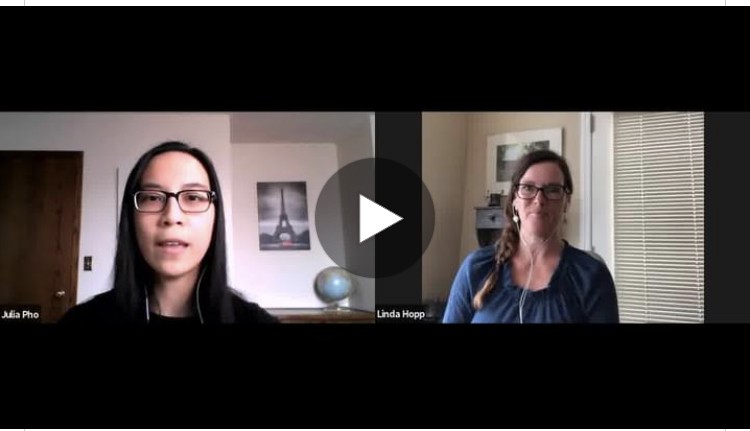Equine-Assisted Learning is a powerful and effective approach to experiential learning that includes one or more horses, and that is designed to have a positive impact on individuals of all ages.
In this emerging field, equine-assisted methodologies are often used interchangeably and include terms such as equine therapy, horse therapy, hippotherapy, equine-assisted psychotherapy, equine-facilitated experiential learning, and equine-assisted personal development.
By including horses in uniquely-designed learning exercises, an equine-assisted coach can observe non-verbal communication between the horse and the participant. The coach guides the session, translates what they see going on, and encourages the learner to move through the exercise. Once the activities of the session are complete, the coach and participant debrief on the experience, discuss insights and look at next steps. This experiential approach to learning effectively provides understanding and retention of skills and ideas.
Equine-assisted sessions, which involve a coach and one or more participant, vary depending on the situation being addressed. Experiential techniques such as role-playing, role-reversal, and mirroring, are combined with equine-based activities, including choosing, grooming, walking and sometimes riding a horse. After the activity, participants then process or discuss their feelings and behaviours associated with the session.
As prey animals, horses are highly attuned to their environment and are sensitive to people’s emotions. Possibly even more so than dogs and other animals typically used in assisted therapies. Horses are capable of sensing a person’s feelings instantly and giving feedback such as moving toward or away from the client.
As horses are large and powerful they have the innate ability to support people as they overcome fear and generate self-confidence for real-life situations. They are unbiased and non-judgemental, responding only to a person’s intent and behaviour. Horses are social animals with their own personalities, and will often engage with people to build a relationship.
For people struggling with their mental well-being, horse-based learning can provide numerous benefits that can be distinguished in as little as two to three sessions.
Noted benefits include improved:
- Self-esteem
- Communication skills
- Self-awareness
- Relaxation
- Empowerment
- Interpersonal relationships
- Self-control
- Focus & concentration
- Happiness
There is evidence that these sessions also decrease anger, depression, dissociation, and aggression.
Seeking Equine-Assisted Learning
When searching for a program, be sure to do some research and find a program, coach and facility you are comfortable with. Feel free to ask questions, visit the facility prior to booking a session and confirm method of payment. Although some benefits providers cover EAL, it is up to the beneficiary to establish this in advance.
As you choose a program, you may want to consider finding out more about the following:
- Experience and certification of the coaches
- Location and accessibility of facility
- Herd management
- Safe handling practices
- Health and cleanliness
- Number of equine partners available
- Insured
- Cost of programs
- Variety of programs to suit your needs
- Privacy as needed
To find out more about the programs offered through Emerge Equine, take a look at the services on our website.

